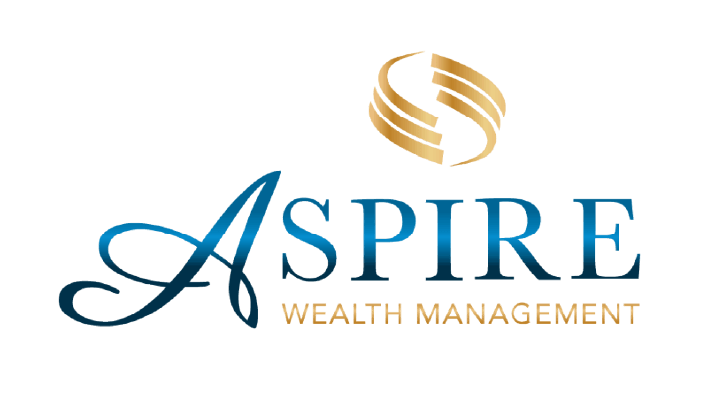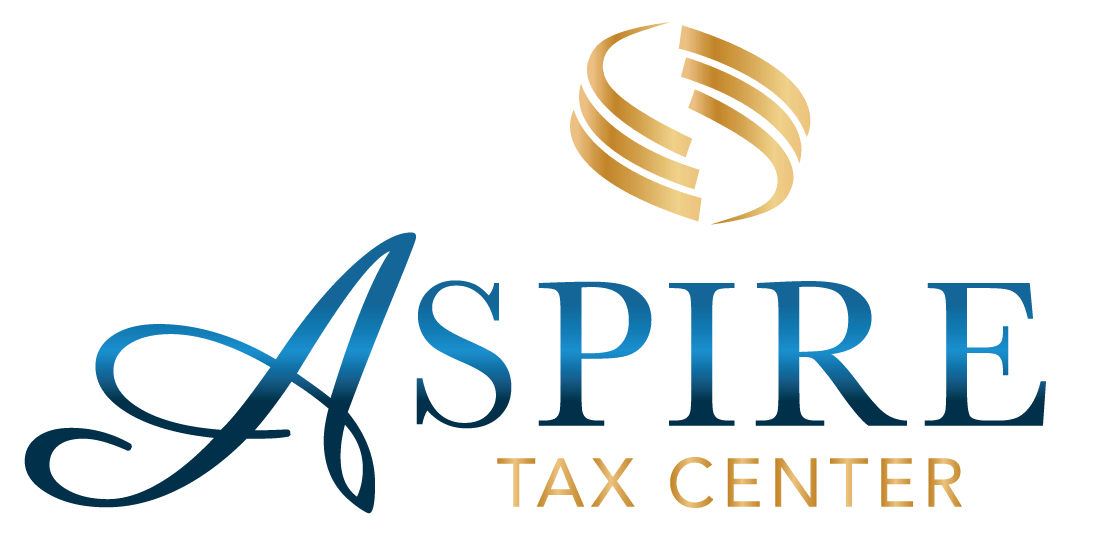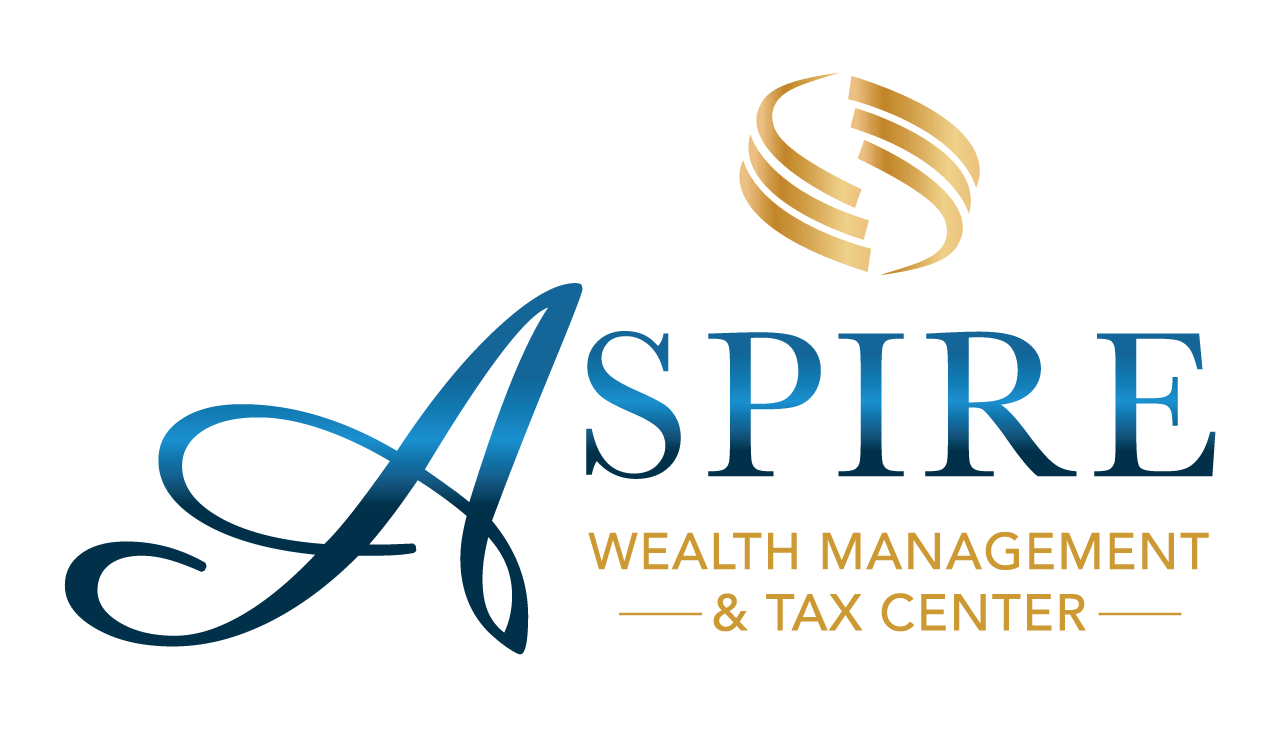
Tax Strategies
Benjamin Franklin said, "There are only two certainties in life - death and taxes. There's not much we can do to avoid death, but there are strategies you can implement to minimize your exposure to taxes.

Tax-Deferred Accounts
If you have a 401(k), 403(b), IRA, or other qualified retirement account, you're probably familiar with the power of tax-deferral. In a tax-deferred account, you don't pay taxes on gains as long as the funds stay in the account. By not paying taxes each year, your assets may compound at a faster rate than they would in a similar taxable account.
A 401(k) or similar qualified retirement plan is a great way to achieve tax-deferred growth, but it's not the only option. There are other vehicles that could allow you to take advantage of tax-deferral, including:
- Traditional IRAs
- Roth IRAs
- Annuities
- Cash Value Life Insurance
- And more
Tax-deferral can be an effective way to build retirement assets and minimize your current-year tax obligations.
Tax-Free Income
There are also strategies that allow you to generate tax-free income in retirement. One is by using a Roth IRA. In a Roth IRA, you get no tax deductions for your upfront contributions. Your assets grow tax-deferred while inside the account. And then, after reaching age 59 1/2 and assuming the account is at least five years old, you can take tax-free distributions from the account.
Not everyone is eligible to contribute to a Roth IRA based on income. However, you may be able to conduct a Roth conversion, essentially converting 401(k) or traditional IRA assets into a Roth. This isn't right for everyone but can be effective in certain situations.
Other tax-free strategies may include municipal bonds, life insurance, and other vehicles.
Capital Gains Management
If you have investments in a taxable account, capital gains are likely a part of your tax picture. A capital gain on an investment that was held longer than one year. Capital gains are taxed at a different rate than income.
Single Filers
| Income | Capital Gains Rate |
|---|---|
| $0 - $40,000 | 0% |
| $40,001 - $441,450 | 15% |
| $441,451 and up | 20% |
Joint Filers
| Income | Capital Gains Rate |
|---|---|
| $0 - $80,000 | 0% |
| $80,001 - $496,600 | 15% |
| $496,601 and up | 20% |
We use advanced planning to manage your income taxes and capital gains taxes to minimize your tax rate and your overall tax exposure. That could include managing the sale of assets or perhaps even harvesting losses to offset gains. The strategy depends on the client, but any investment strategy should include consideration of capital gains and investment income, and how they may impact performance.
Taxes are a substantial expense for most people, so tax management should play a role in any comprehensive financial strategy. Our team can help you analyze your tax exposure and make informed financial decisions that consider tax consequences.
If you have a 401(k), 403(b), IRA, or other qualified retirement account, you're probably familiar with the power of tax-deferral. In a tax-deferred account, you don't pay taxes on gains as long as the funds stay in the account. By not paying taxes each year, your assets may compound at a faster rate than they would in a similar taxable account.
A 401(k) or similar qualified retirement plan is a great way to achieve tax-deferred growth, but it's not the only option. There are other vehicles that could allow you to take advantage of tax-deferral, including:
- Traditional IRAs
- Roth IRAs
- Annuities
- Cash Value Life Insurance
- And more
Tax-deferral can be an effective way to build retirement assets and minimize your current-year tax obligations.
There are also strategies that allow you to generate tax-free income in retirement. One is by using a Roth IRA. In a Roth IRA, you get no tax deductions for your upfront contributions. Your assets grow tax-deferred while inside the account. And then, after reaching age 59 1/2 and assuming the account is at least five years old, you can take tax-free distributions from the account.
Not everyone is eligible to contribute to a Roth IRA based on income. However, you may be able to conduct a Roth conversion, essentially converting 401(k) or traditional IRA assets into a Roth. This isn't right for everyone but can be effective in certain situations.
Other tax-free strategies may include municipal bonds, life insurance, and other vehicles.
If you have investments in a taxable account, capital gains are likely a part of your tax picture. A capital gain on an investment that was held longer than one year. Capital gains are taxed at a different rate than income.
Single Filers
| Income | Capital Gains Rate |
|---|---|
| $0 - $40,000 | 0% |
| $40,001 - $441,450 | 15% |
| $441,451 and up | 20% |
Joint Filers
| Income | Capital Gains Rate |
|---|---|
| $0 - $80,000 | 0% |
| $80,001 - $496,600 | 15% |
| $496,601 and up | 20% |
We use advanced planning to manage your income taxes and capital gains taxes to minimize your tax rate and your overall tax exposure. That could include managing the sale of assets or perhaps even harvesting losses to offset gains. The strategy depends on the client, but any investment strategy should include consideration of capital gains and investment income, and how they may impact performance.
Taxes are a substantial expense for most people, so tax management should play a role in any comprehensive financial strategy. Our team can help you analyze your tax exposure and make informed financial decisions that consider tax consequences.




